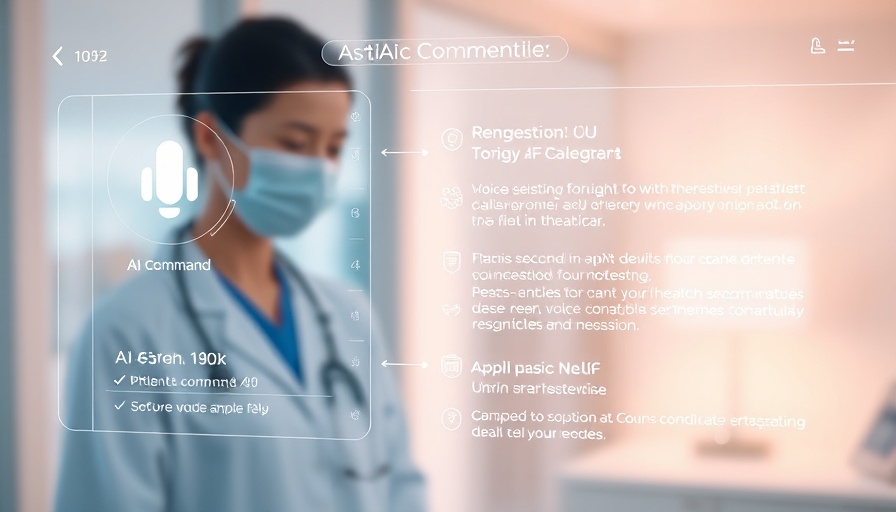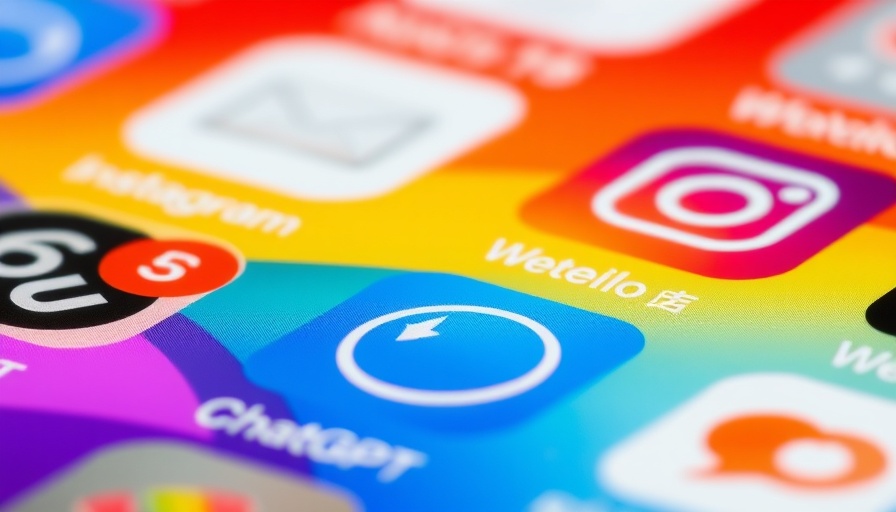
The Launch of Microsoft Dragon Copilot: A New Hope for Healthcare Documentation
Microsoft has made an exciting debut in the world of healthcare technology with its latest innovation, the Dragon Copilot. Unveiled on March 3, 2025, this AI assistant is designed to assist medical professionals in streamlining their documentation tasks. This advancement comes at a crucial time when clinician burnout in the United States remains a pressing concern, noted at a staggering 48% according to 2024 data from the American Medical Association.
Addressing Critical Burnout Issues Among Health Professionals
The persistent burnout observed in the healthcare field is primarily linked to overwhelming workloads, particularly the burden of paperwork and patient care documentation. Microsoft Dragon Copilot aims to alleviate this stress by automating many of these administrative tasks. By capturing conversations with patients and generating clinical notes automatically, Dragon Copilot allows healthcare providers to shift their focus back to patient care rather than being bogged down by documentation.
How Does Dragon Copilot Work?
At the heart of Dragon Copilot are advanced technologies acquired from Microsoft’s acquisition of Nuance. The tool harnesses the capabilities of Dragon Medical One and Dragon Ambient eXperience (DAX). Together, they enable ambient listening and robust voice-dictating functionalities, providing a seamless workflow for clinicians. Practitioners can use Dragon Copilot to record conversations in multiple languages, draft referral letters, and create post-visit summaries effortlessly.
The Unique Benefits of AI in Healthcare
Utilizing AI in the medical field does not just save time; it also improves the overall quality of patient interactions. According to surveys, clinicians using similar Nuance technologies reported a 70% improvement in work-life balance, while 93% of patients felt their physicians were more personable. This transformation is critical in enhancing patient experiences and the interactions between healthcare providers and their patients.
Responsible AI Use and Clinical Safeguards
With rising concerns surrounding AI in healthcare, Microsoft's commitment to developing responsible solutions is commendable. The Dragon Copilot integrates healthcare-specific safeguards to ensure that clinical outputs are accurate and reliable. Built on a secure architecture that complies with privacy principles, Dragon Copilot aims to provide trustworthy and safe AI solutions for healthcare settings.
Future Implications for Healthcare
As Dragon Copilot prepares for its general rollout in the United States and Canada in May 2025, its impact on healthcare documentation practices may be profound. By significantly reducing the cognitive load on medical professionals and enabling them to focus on patient interactions, it may serve as a pivotal tool in alleviating healthcare staff shortages.
What This Means for the Future of Medical Workflows
Microsoft's Dragon Copilot is set to redefine the healthcare documentation landscape, marking a trend towards increased automation and efficiency. As technology continues to evolve, the integration of AI tools in clinical workflows may very well become the norm, transforming how healthcare is delivered in various settings. This tool could serve as a potential game-changer, capable of helping hospitals handle the administrative demands of modern healthcare while improving clinician morale and patient satisfaction.
As we look ahead, it's clear that solutions like Dragon Copilot are necessary for healthcare systems striving for optimal efficiency and enhanced patient care experiences. The convergence of AI and healthcare could lead to innovative strategies to tackle ongoing challenges in the industry.
To fully embrace the possibilities that tools like Dragon Copilot bring, healthcare organizations need to stay informed about the advancements in AI technologies. By doing so, healthcare providers can ensure that they are prepared to leverage these innovations in their workflows.
 Add Row
Add Row  Add
Add 




 Add Row
Add Row  Add
Add 

Write A Comment